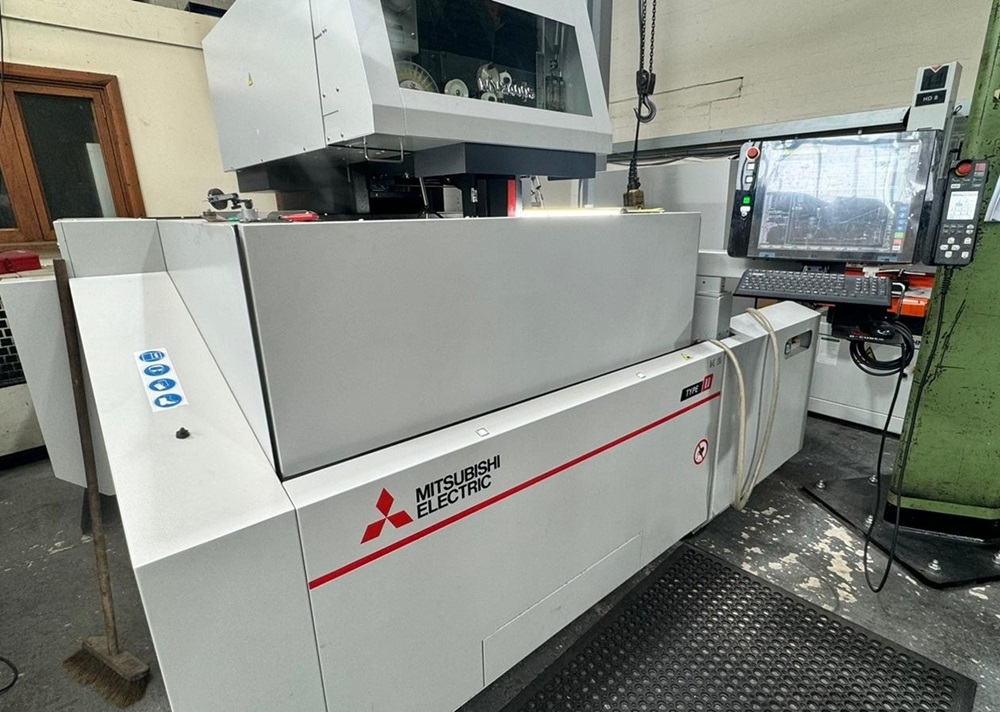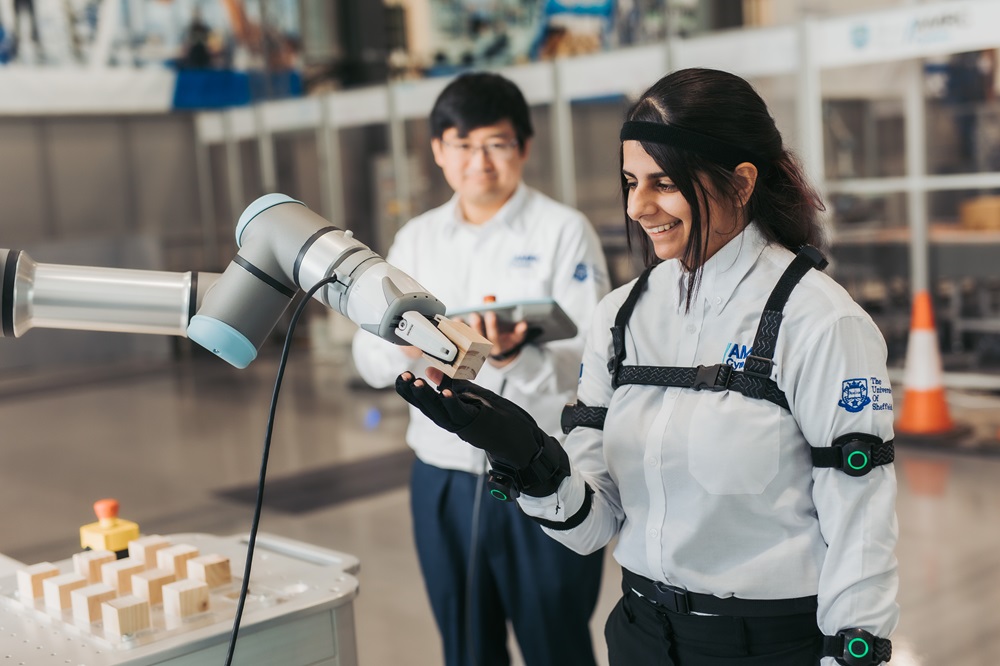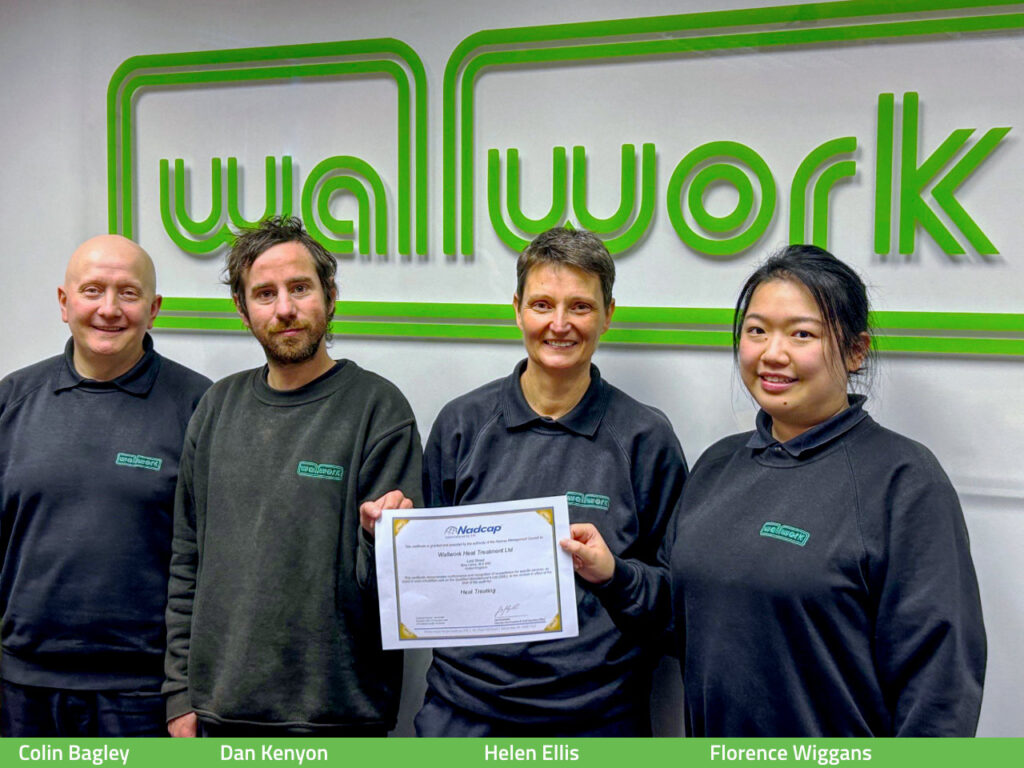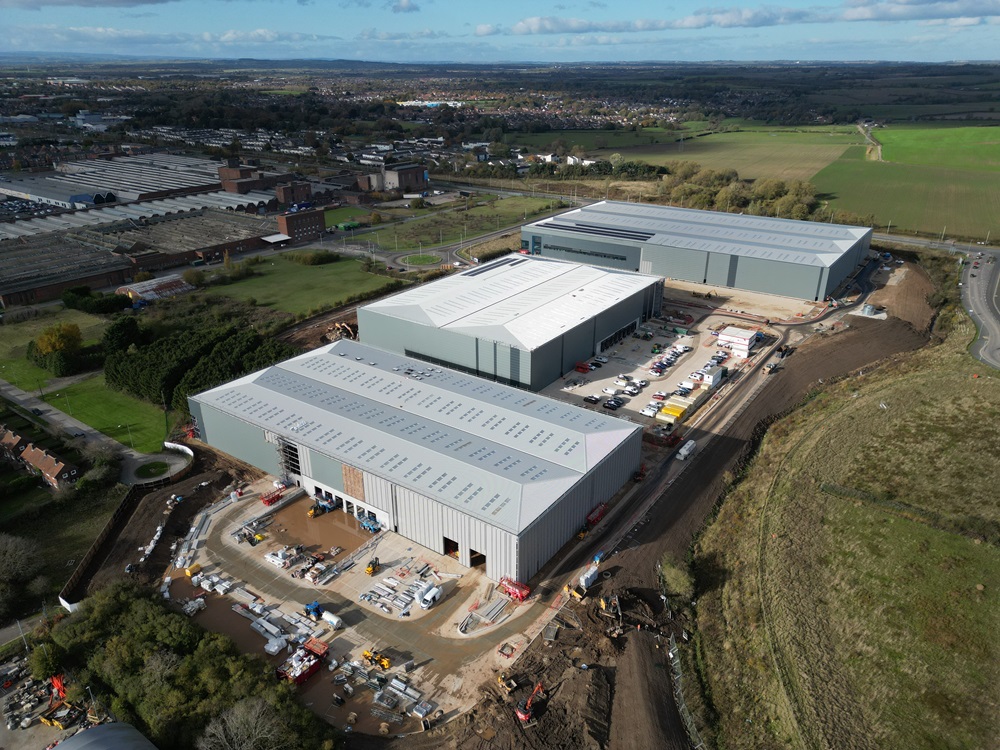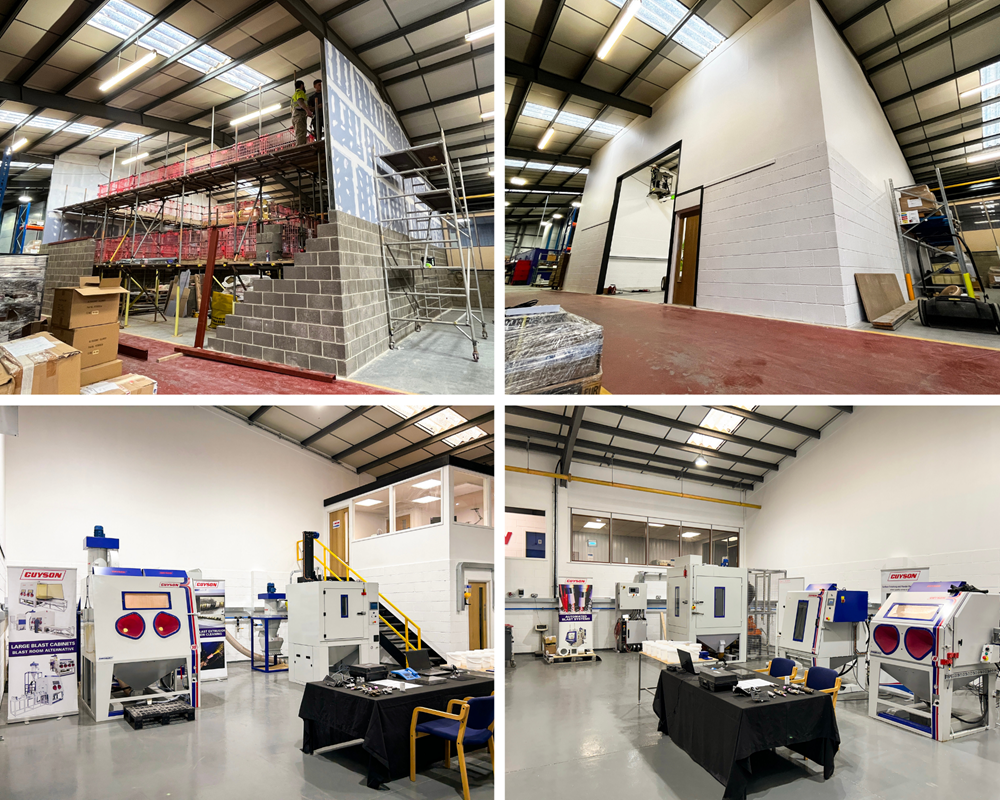With more than 40 years of manufacturing tube and roll forming machinery, as well as equipment and consumables, Bellcliffe Engineering is an expert in extending the service life and uptime of rolling mills and extrusion plant. To service its long-standing customer base, the West Bromwich manufacturer has a modern machine shop enhanced recently by the arrival of a Mitsubishi MV 2400S wire EDM from the Engineering Technology Group (ETG). Installed in September last year, the new Mitsubishi MV 2400S replaced an ageing EDM machine.
The West Bromwich subcontractor serves customers in the automotive, offshore, energy and agriculture sectors, among others. With a wide portfolio of high-end machine tools, the company made its first foray into wire EDM cutting around eight years ago.
Recalling why the company initially invested in EDM technology, Bellcliffe Engineering’s manufacturing director John Sutcliffe recalls: “We were manufacturing a lot of roll tooling for cold forming and extrusion dies, and the electricity generation sector and the parts we were machining required keyway cutting. With many parts machined from H13, D2 and Inconel, we were using a lot of indexable inserts and solid-carbide tools. The cost of inserts was £55 per part, and we tried several different tooling solutions without tangible benefits. As this cost was unsustainable, we looked at ‘dipping our toe’ in the water with EDM. My wife lent the business £4000 and we bought a second-hand EDM machine.”
With limited experience and an old EDM machine, the company managed to machine the external profiles and then finish the parts on a wire machine, reducing cycle times from 2.25 hours for machining to 1.75 hours using EDM, as well as reducing the tooling bill. The company subsequently invested in an additional second-hand wire EDM five years ago. However, as the business has evolved, the requirement for EDM has increased exponentially.
“The extrusion die tools incorporate an aperture and a sweep and these are consumable items that we are now producing in quantities of more than 100 per month,” explains Sutcliffe. “Our ageing EDM machines can process six apertures and four sweeps in a single set-up. However, with old machines that have reliability issues – as well as no automatic wire re-threading facility – we were losing many lights-out production hours.”
With the parts requiring pre-EDM block and face machining, when transferred to the EDM machines, an aperture would take 1 hour 10 minutes to wire, while the sweep parts would take over 2 hours 45 minutes. With the potential for up to 18+ hours of unmanned wire cutting, Bellcliffe was losing significant machine hours due to the reliability of its machines and the lack of auto wire re-threading. A new solution was required and the Mitsubishi MV2400S fitted the bill perfectly.
“We’re a subcontract machine shop with expertise in machining – not EDM,” says Sutcliffe. “So, when it came to finding a suitable solution, we investigated the market and spoke with the major manufacturers. We found a lot of high-end technology with all the ’bells and whistles’, but we needed a reliable, productive, precision EDM solution that would meet our needs. The Mitsubishi MV2400S was the perfect machine.”
He continues: “We were sold on Mitsubishi for two factors. Firstly, it was the discussions with ETG’s Andrew Dolan and Scott Elsmere. They were extremely knowledgeable, discussing the comprehensive training packages and how ETG would be at our side from the installation and training to the daily operation of the machine. As EDM novices, this was of critical importance. Secondly, it was the performance of the machine. With auto wire re-threading, automatic clocking-up and datum setting of the jobs – and a programming suite with remarkable ease of use – we were confident we could hit the ground running. And we did.”
Looking at some of the productivity benefits of the Mitsubishi machine over the existing EDM technology at Bellcliffe, EDM machinist Conor Deakin says: “The cutting speed of the Mitsubishi MV2400S is 10-20% faster than our existing machines. On jobs upward of 200 mm thick, we are cutting through D2 at more than 0.4 mm/min compared to 0.2 mm/min on our other machine, giving us a 50% cycle time improvement.”
Another major benefit is the ability to set more parts on the machine. The Mitsubishi can accommodate 15 apertures and eight sweeps, which is a major improvement on the six apertures and four sweeps using Belcliffe’s other machine. The company can now run for more than 18+ hours unmanned.
“We are also about to introduce new fixturing that will allow us to clamp up to 30 plates, which will give us an unmanned running time of 60+ hours,” reveals Deakin. “This means we can set the machine at the end of the week and it’ll run most of the weekend unmanned. Considering we cannot leave our other EDM machine unattended without the concern of a wire breakage, tank refill time-out or paddle breakage, having 60+ hours of unmanned production is fantastic.”
Concluding on the machine, Deakin says: “We have a lot more to come from this machine as we’re still in the early stages. For example, when we fully understand how to optimise the flushing cups, we expect to increase productivity by an additional 20%. There are benefits everywhere with this machine. We have reduced clocking up from 20+ minutes to 2-3 minutes due to the Mitsubishi’s ability to set the datum points automatically. Furthermore, the CNC system is easy to operate and navigate, which further streamlines programming and setting up.”
Adding his final thoughts, Sutcliffe says: “We are delighted with the Mitsubishi machine and, although it was purchased for a specific type of work, we’re now applying it to other components. This is absorbing capacity from some of our other machine tools by giving us lights-out machining while reducing the costs of cutting tools and machining. We’re also being asked by new and existing customers to quote for additional work that is perfectly tailored to EDM cutting.”
More information www.engtechgroup.com






